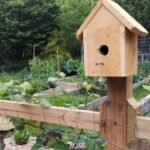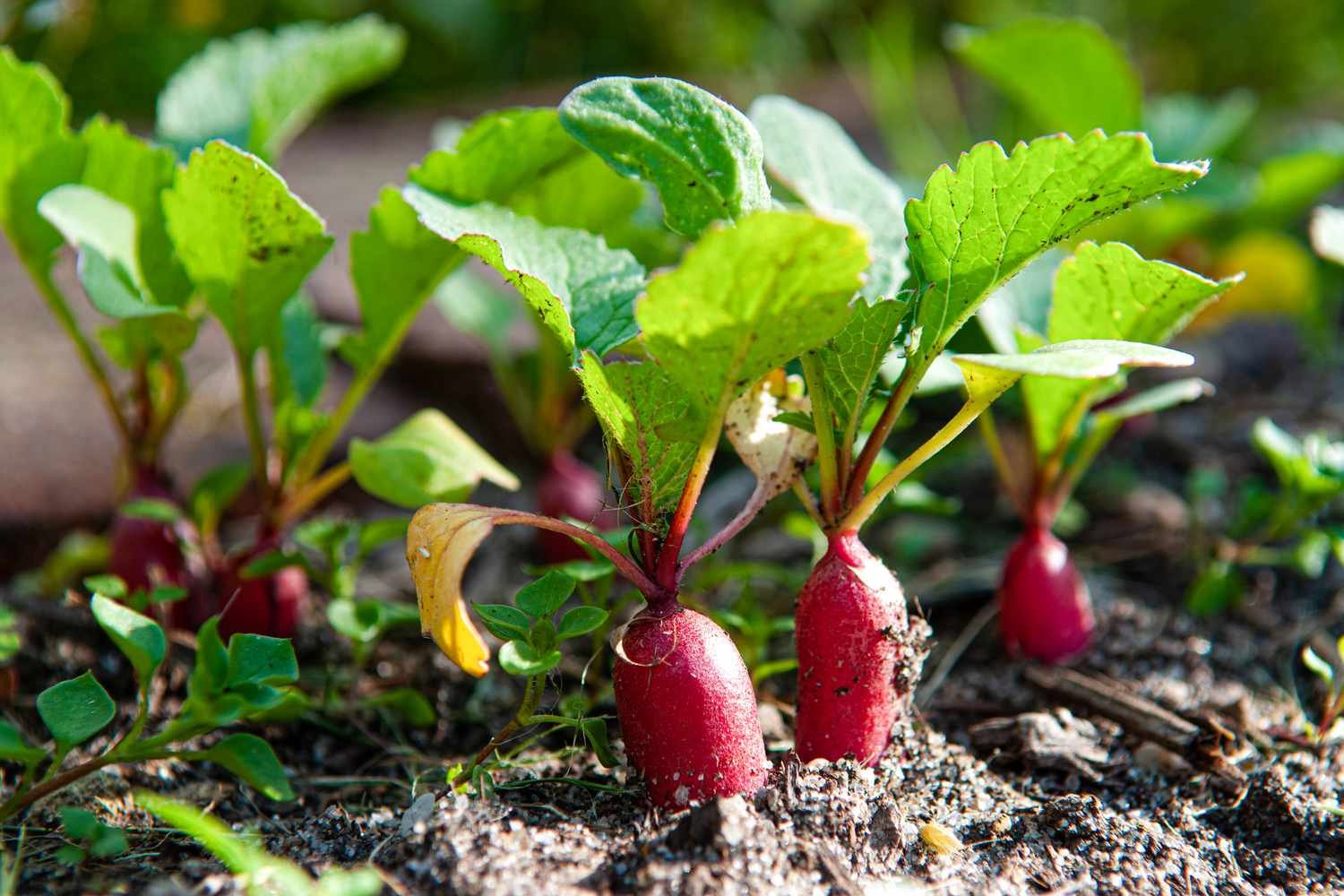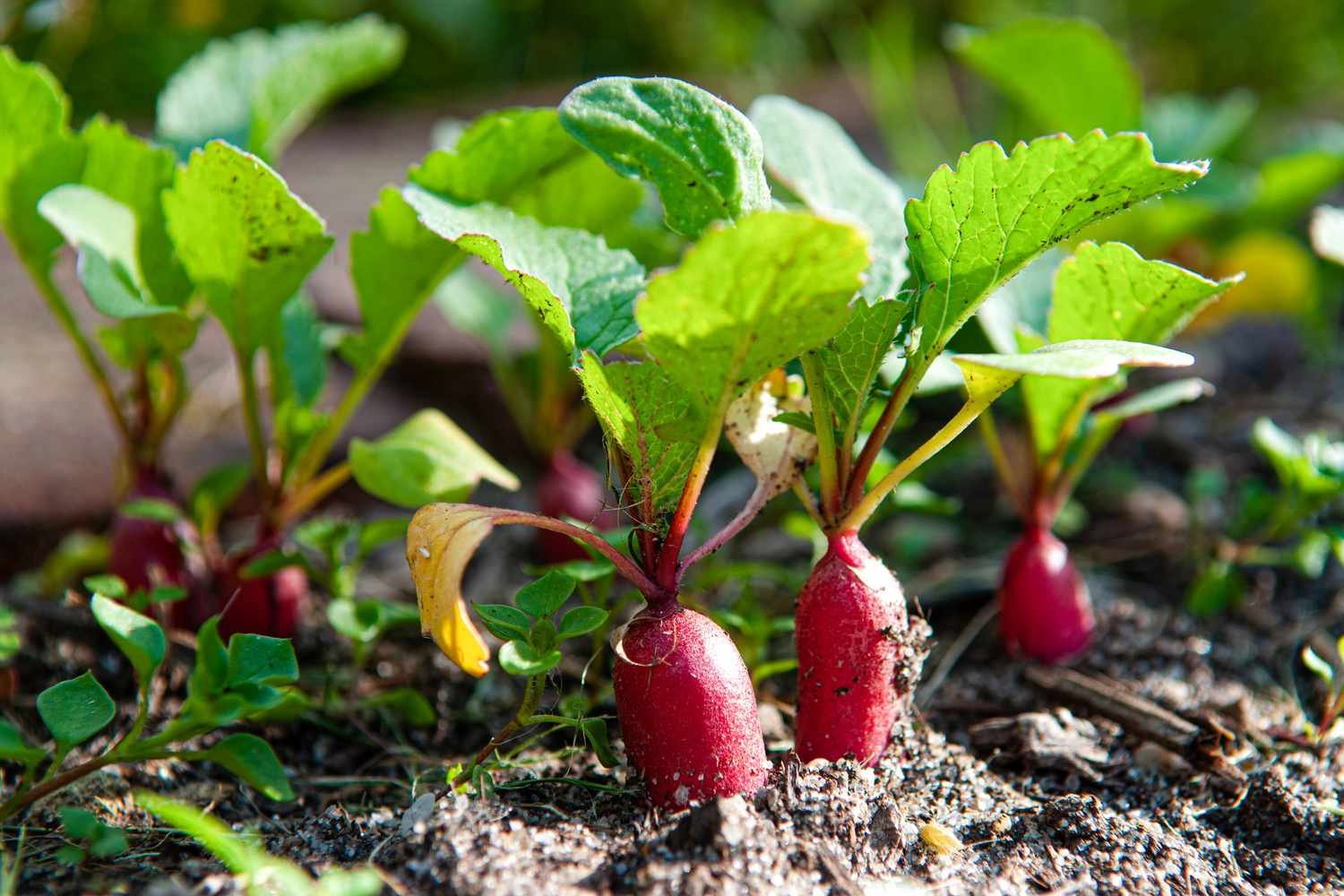Gardening offers many health benefits, and for those who suffer from allergies, it can provide significant relief. Spending time outdoors, cultivating plants, and managing your garden can help reduce allergy symptoms in several ways. Here’s a detailed look at how gardening can contribute to allergy relief and improve your overall well-being.

Exposure to Fresh Air
Gardening gets you outside in the fresh air, which can help reduce exposure to indoor allergens like dust mites, pet dander, and mold. Fresh air can also help clear nasal passages and reduce congestion, making it easier to breathe. Regularly spending time outdoors can strengthen your immune system and make you less sensitive to allergens.
Stress Reduction
Gardening is a relaxing activity that can help reduce stress and anxiety, both of which can exacerbate allergy symptoms. High stress levels can weaken the immune system, making it harder for your body to cope with allergens. By engaging in gardening, you can lower your stress levels, which can help reduce the frequency and severity of allergy attacks.
Physical Activity
Gardening involves physical activities like digging, planting, weeding, and watering. Regular physical activity can improve your overall health and boost your immune system. A stronger immune system can help your body respond better to allergens, reducing symptoms such as sneezing, itching, and congestion.
Control Over Your Environment
By gardening, you have control over your immediate environment. You can choose to plant low-allergen plants and avoid high-pollen plants that can trigger your allergies. Additionally, maintaining a clean garden, free of weeds and debris, can reduce mold spores and other allergens.
Building Immunity
Regular exposure to small amounts of pollen and other natural allergens in the garden can help your body build immunity over time. This gradual exposure can desensitize your immune system, making it less reactive to allergens and reducing the severity of your allergic reactions.
Growing Allergy-Friendly Plants
Certain plants can help reduce allergens in your garden. For example, plants like goldenrod and sunflowers can trap pollen in their sticky flowers, reducing the amount of pollen in the air. By carefully selecting plants for your garden, you can create a more allergy-friendly environment.
Tips for Allergy-Friendly Gardening:
- Choose Low-Allergen Plants: Opt for plants that produce less pollen, such as roses, pansies, and lilies. Avoid high-pollen plants like ragweed and birch trees.
- Garden in the Evening: Pollen levels are typically lower in the evening, making it a better time for allergy sufferers to garden.
- Wear Protective Gear: Use gloves, masks, and long sleeves to minimize skin contact with potential allergens.
- Keep Your Garden Clean: Regularly remove weeds, fallen leaves, and other debris to reduce mold and pollen accumulation.
- Shower After Gardening: Take a shower and change clothes after gardening to remove any pollen or allergens that may have stuck to you.
Conclusion
Gardening offers numerous benefits for allergy relief, from providing fresh air and reducing stress to offering physical activity and control over your environment. By carefully selecting plants and maintaining a clean garden, you can create an outdoor space that helps alleviate allergy symptoms. Embrace gardening as a natural way to improve your health and well-being while enjoying the beauty and tranquility of nature. Start your allergy-friendly garden today and breathe easier with every bloom. Happy gardening!











